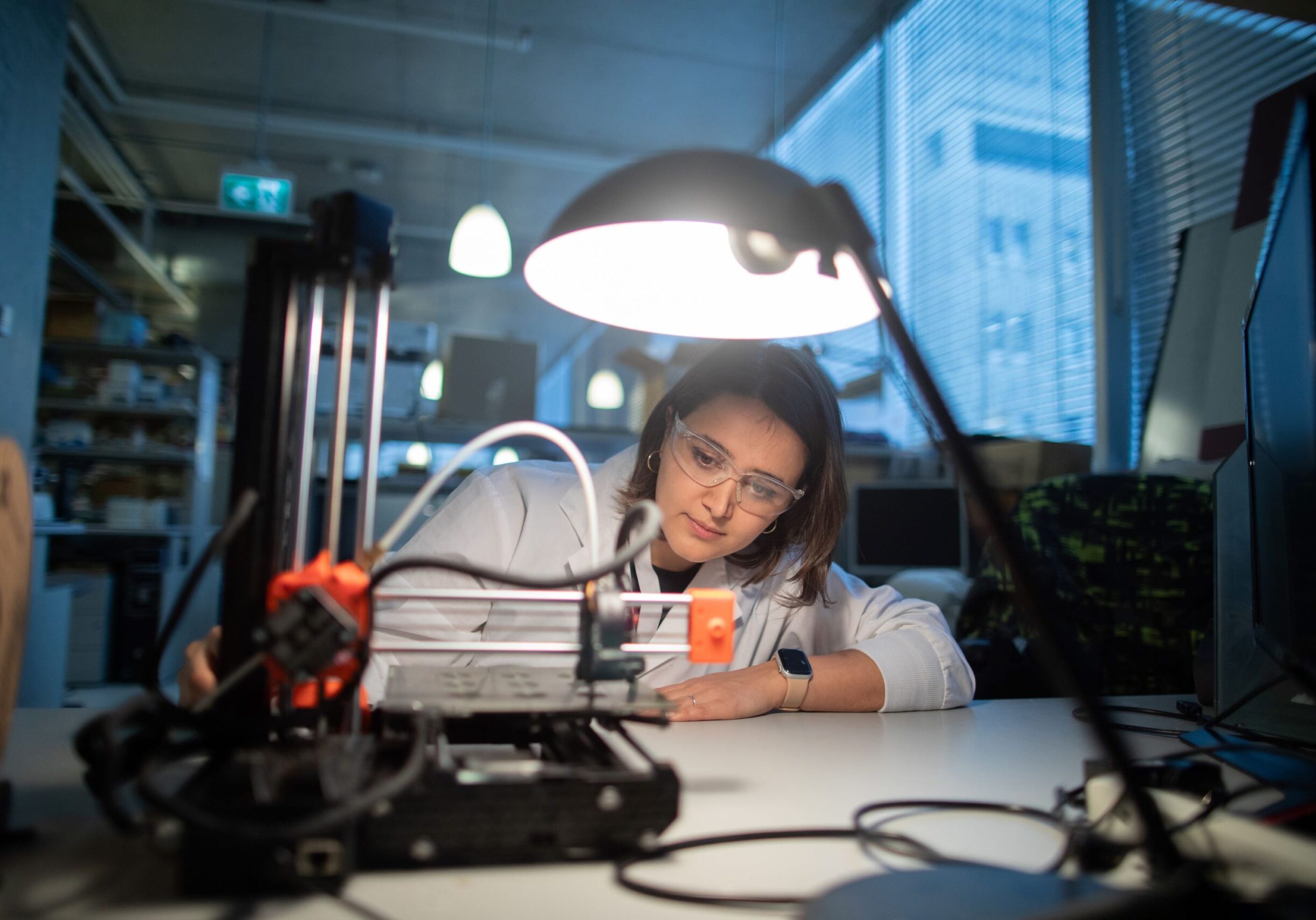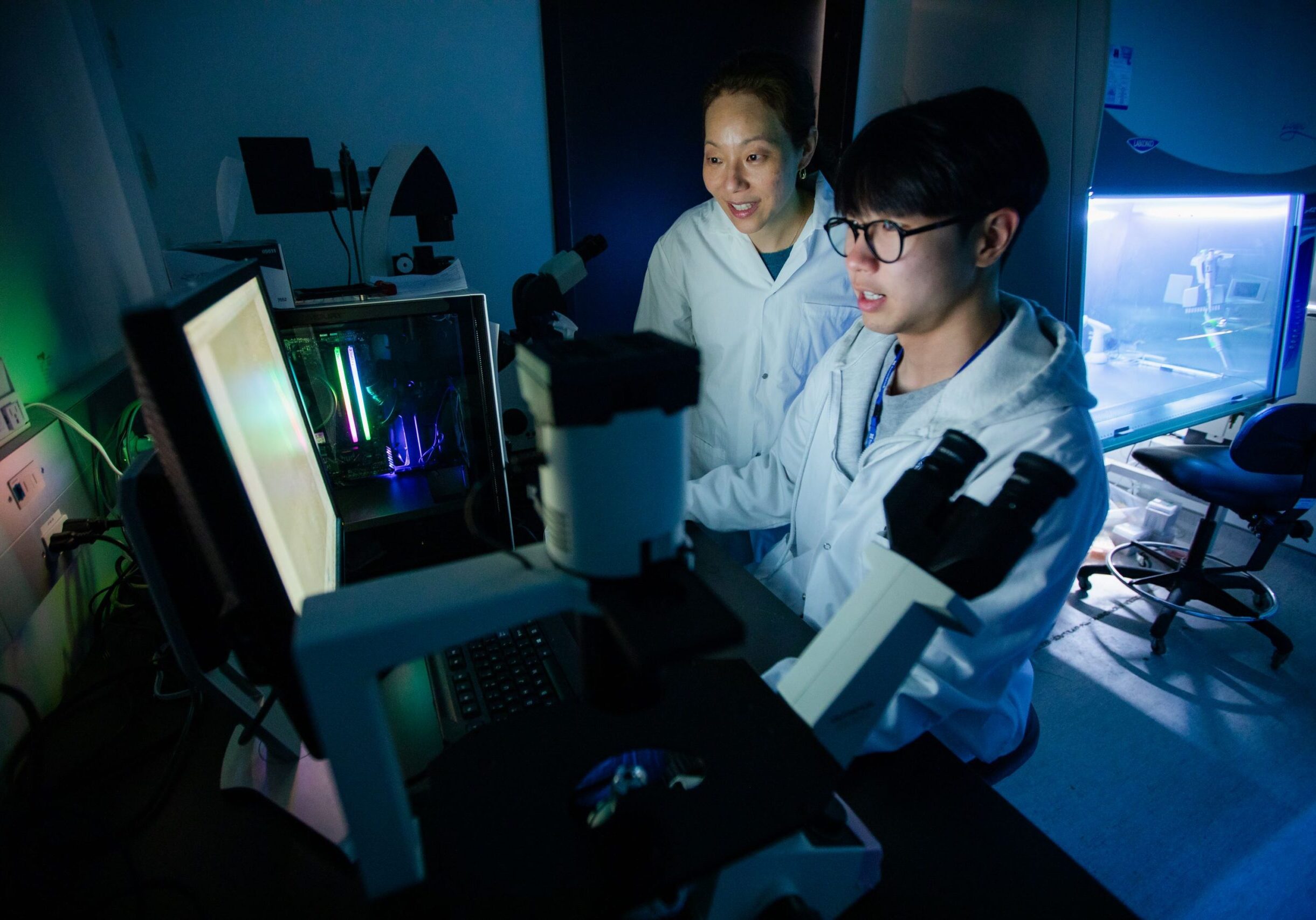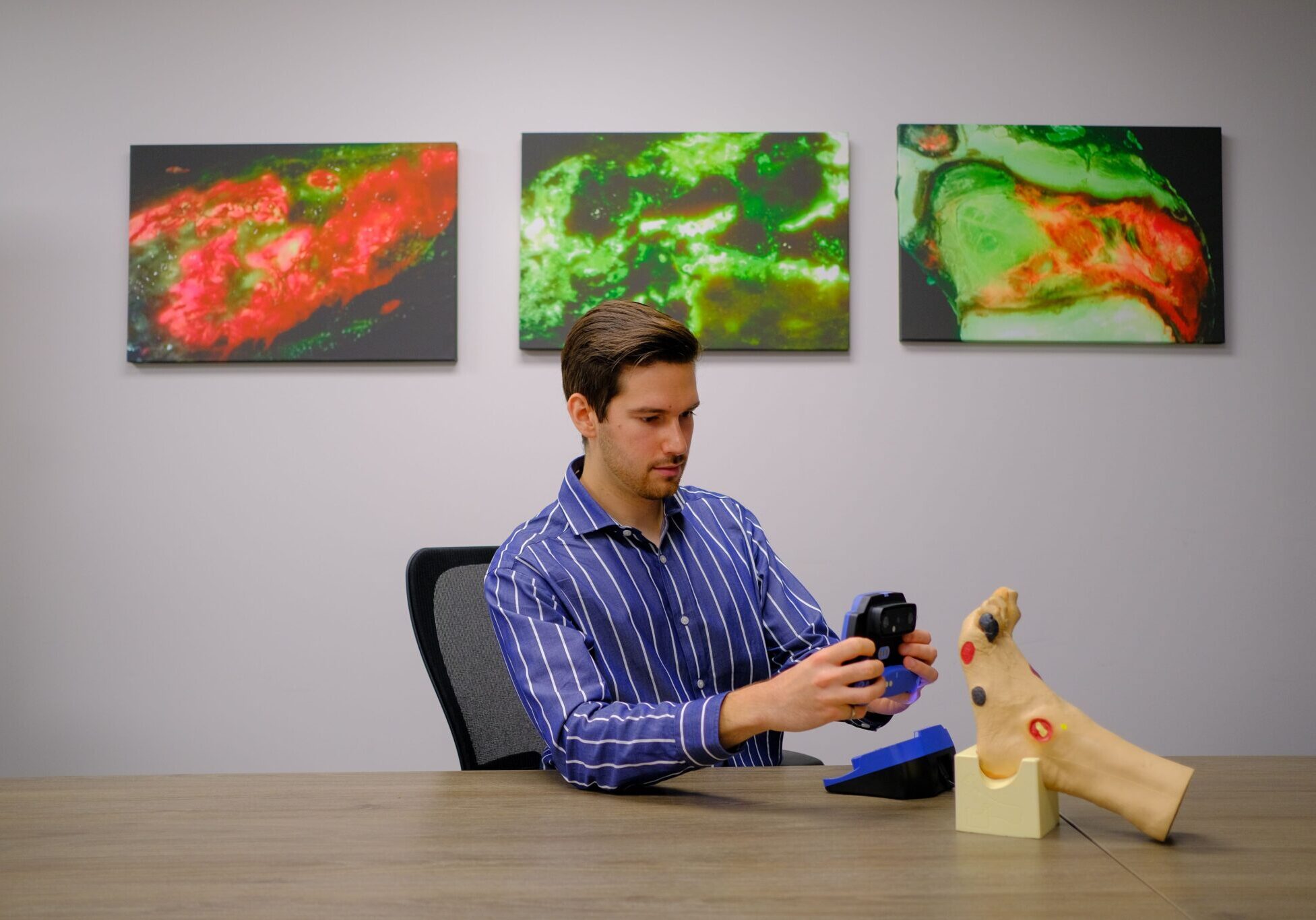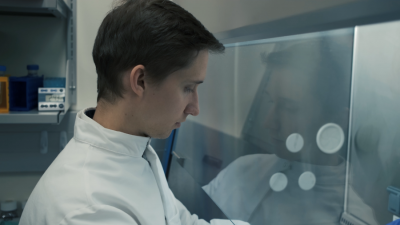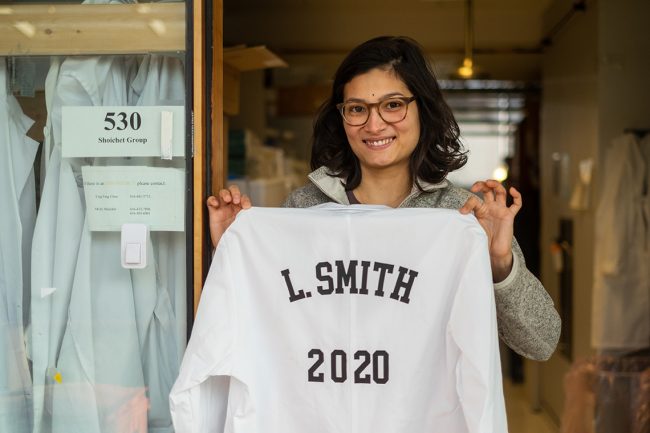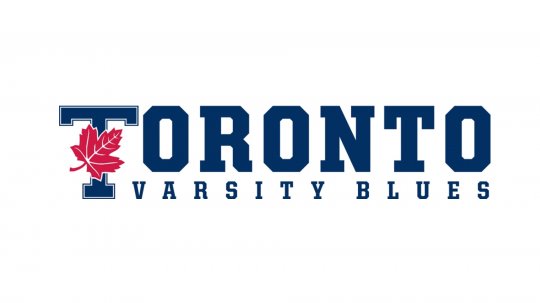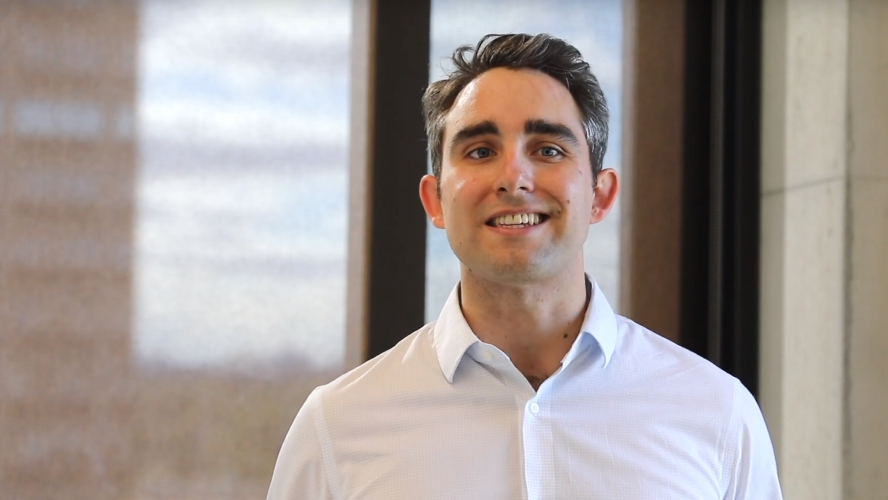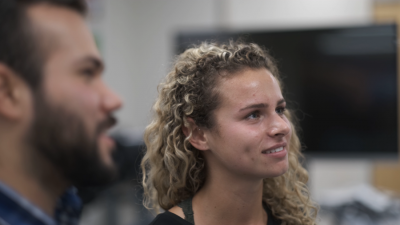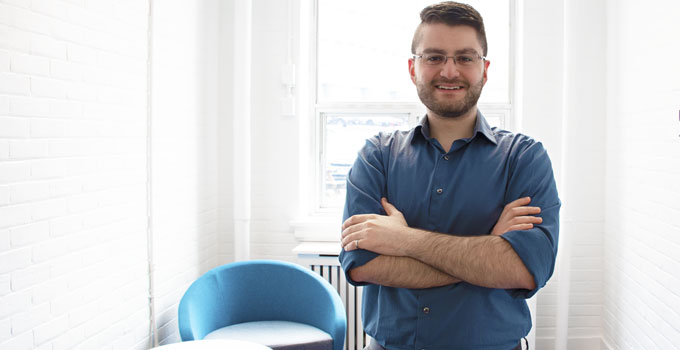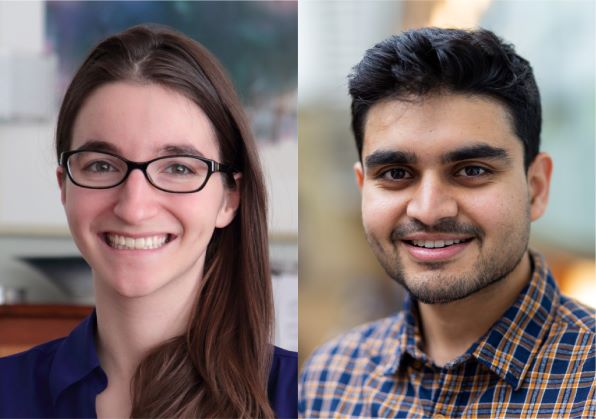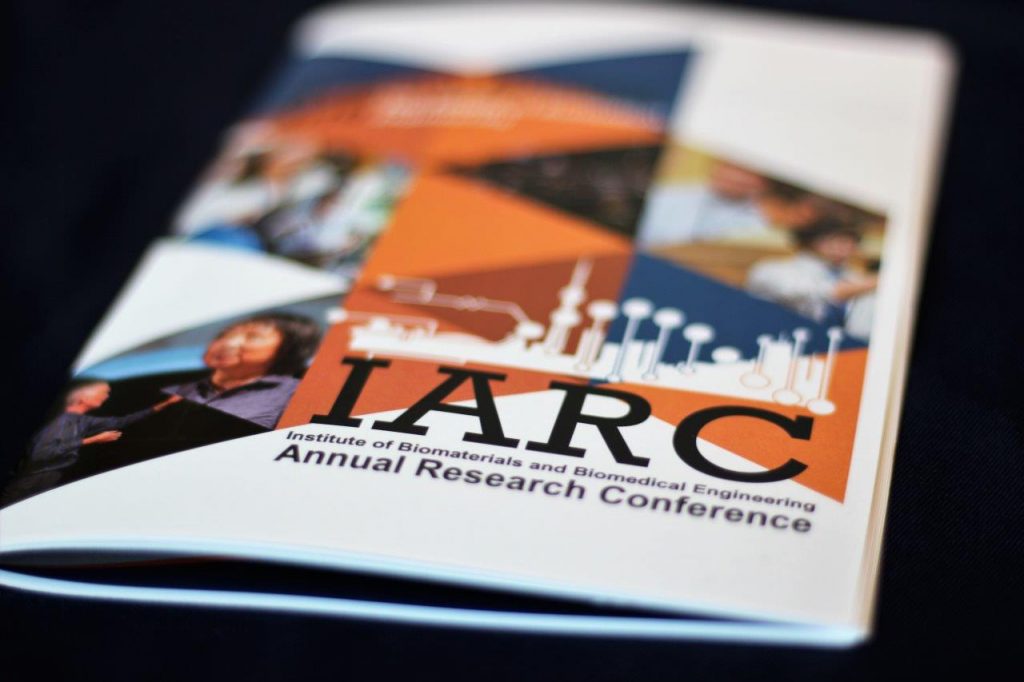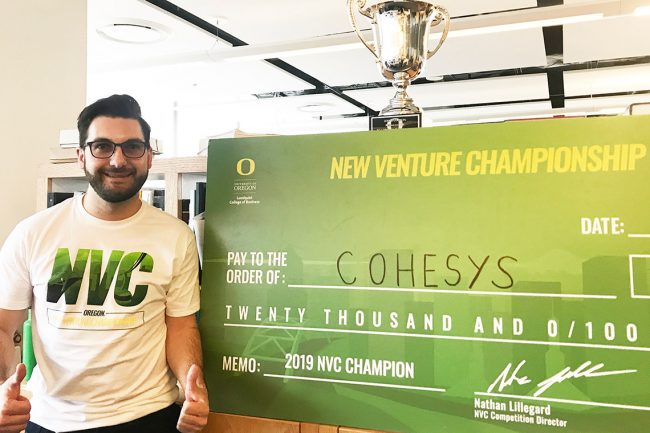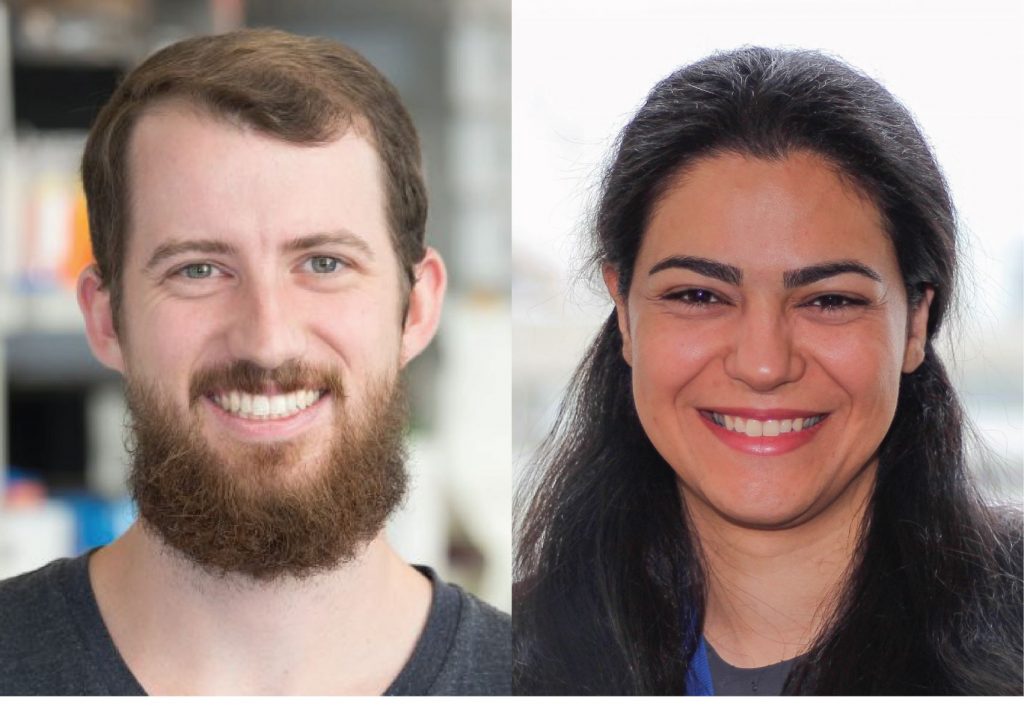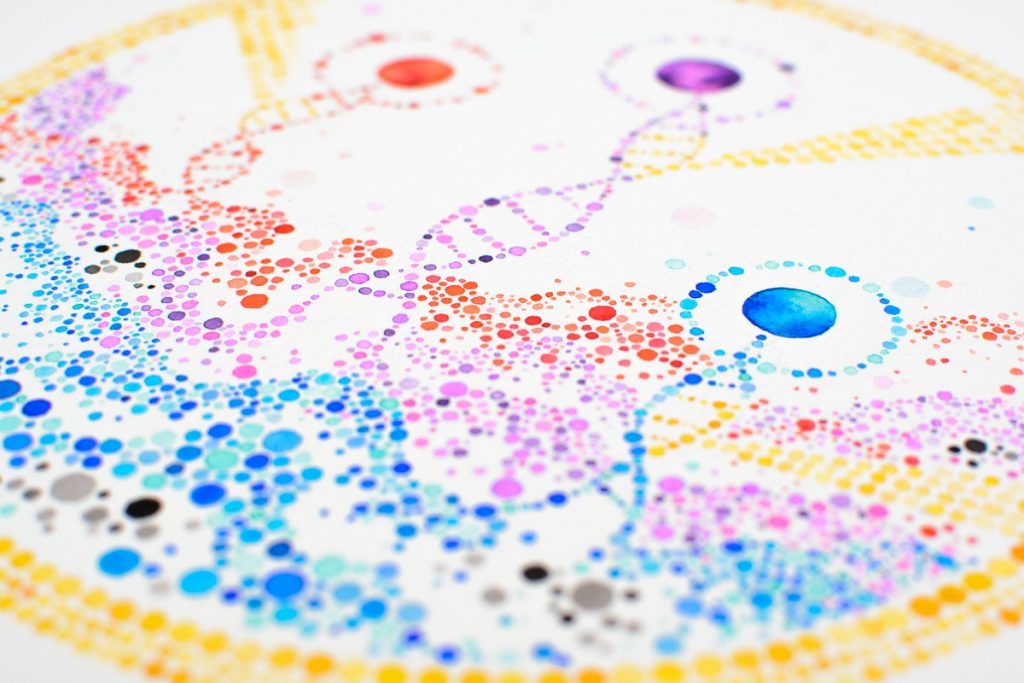Programs Overview
Are you a prospective student? Here at the Institute of Biomedical Engineering (BME), we connect researchers across the University of Toronto and its partner hospitals to develop innovative solutions to improve human health.
At the Institute of Biomedical Engineering (BME), we have 3 graduate programs and 2 undergraduate programs.
Quick Navigation
Graduate programs
Doctor of Philosophy
Research degree that exposes candidates to cutting-edge research in a laboratory
Master of Applied Science
Research degree that exposes candidates to cutting-edge research in a laboratory
Master of Engineering
Professional degree that exposes candidates to biomedical device design to commercialization
Graduate programs comparison
| Stream: | Research | Professional |
|---|---|---|
| Program: | PhD / MASc | MEng |
| Focus: | Research intensive training in a laboratory or clinical setting. | Training in biomedical device design, implementation, and commercialization. |
| Career Interests: | Individuals pursuing careers in academia, healthcare, government, or industry, who have a passion for research and development. • Motivated to conduct cutting-edge research • Passionate about academic collaboration and science communication • Keen on becoming key opinion leaders with distinct research specialization | Individuals interested in medical device production from design to implementation in human patients. • Seeking product design knowledge • Interested in learning entrepreneurship fundamentals • Eagar to gain real-world experience in the healthcare sector |
| Degree(s) Required: | Bachelor of Science, Bachelor of Engineering, Master of Applied Science (for PhD only), or Master of Engineering (PhD only). | Bachelor of Engineering or Bachelor of Science. |
| Outcome: | Program graduates excel as leaders in academia, industry, and government agencies across the globe. | Through work-integrated learning, graduates emerge as company founders, technology leaders, and start-up creators in the healthcare sector. |
| Program Length: | approx. 2 years (for MASc) or approx. 4 years (for PhD) | 1 year |
| Funding: | Unit-funded | Self-funded |
| Curricula: | • Coursework • Committee Meetings • Qualifying/Bypass Exam (for PhD) • Thesis • Defense • Final Oral Exam (for PhD) | • Coursework • Practical Experience |
Undergraduate programs and opportunities
| Year | Description | Opportunities |
|---|---|---|
| 1 | Engineering Science (EngSci) program students learn fundamentals of different science disciplines and begin team-based design training through praxis courses. | |
| 2 | EngSci students continue to receive foundational training through courses including BME205. Students select their major at the end of the second year. | USRA PEY Co-op |
| 3 | Biomedical Engineering major program students deepen their knowledge through rigorous academic and experiential training. | USRA PEY Co-op |
| 4 | Major students may focus on skill advancement and further knowledge and competencies through the completion of specialization courses, thesis, and design/capstone projects. |
| Year | Description | Opportunities |
|---|---|---|
| 1 | Engineering students establish knowledge in math and applied & basic sciences. | |
| 2 | Students expand knowledge and gain a greater depth of understanding through enhanced lab experiences and design opportunities. | USRA PEY Co-op |
| 3 | Bioengineering minor students may elect to pursue specialization courses grouped into three themes: Molecular Engineering, Cell & Tissue Engineering, and Clinical Engineering. | USRA PEY Co-op |
| 4 | Minor students may focus on skill advancement in one of the three themes (mentioned above) toward becoming a specialist in their respective field. |
Read more student news & stories
Quick Navigation
Margaret Cheng Lab
Dr. Hai-Ling Margaret Cheng is developing cell and tissue scaffold tracking contrast agents to visualize how they are moving in the body.
By raising lab coats to the rafters, U of T biomedical engineering lab celebrates its student MVPs
By raising lab coats to the rafters, U of T biomedical engineering lab celebrates its student MVPs
Celebrating Excellence in Athletics and Academics
3 IBBME Students Receive Varsity Blues Award
Fall Convocation 2019: Three graduating students share their one-minute thesis
U of T engineering have chatted with Locke Davenport Huyer (ChemE, IBBME PhD 1T9) about his research topic in graduate school.
Jan Andrysek Lab
Dr. Jan Andrysek’s lab is dedicated to help amputees to regain movement in their lower limbs.
From idea to impact: An expanding solution to a common surgical problem
Toronto-based entrepreneur Zaid Atto receives FACIT’s Ernsting Entrepreneurship Award to further develop his new device for safer and less invasive surgeries
New study suggests alternate mechanism during wound repair
Macrophages may respond to mechanical signals sent out by fibroblasts during wound repair.
Five U of T Engineering graduate students recognized with prestigious Vanier Scholarships
Five U of T Engineering graduate students have been named 2019 recipients of the prestigious Vanier Canada Graduate Scholarships. Two students are MD/PhD candidates from IBBME.
IBBME Annual Research Conference (IARC) celebrates its 35th year
IBBME Annual Research Conference (IARC) celebrates its 35th year tradition by exchanging ideas and celebrating student achievements.
‘Bone tape’ startup by U of T Engineering alumnus takes home international prize
Cohesys, a biomedical device startup that makes biodegradable ‘bone tape’ to help heal facial fractures, recently took home US$20,000 at an international competition.
RBC Fellowships Celebrates AI Research in Biomedical Engineering
Benjamin Kingston and Dr. Nasim Montazeri are two of the IBBME recipients of the 2019 Royal Bank of Canada (RBC) Post-Doctoral & Graduate Fellowships.
Not all stem cells are created equal
Cells known as “elite clones” appear to outcompete their neighbours in the process of becoming stem cells, shown in a research paper published in Science.
